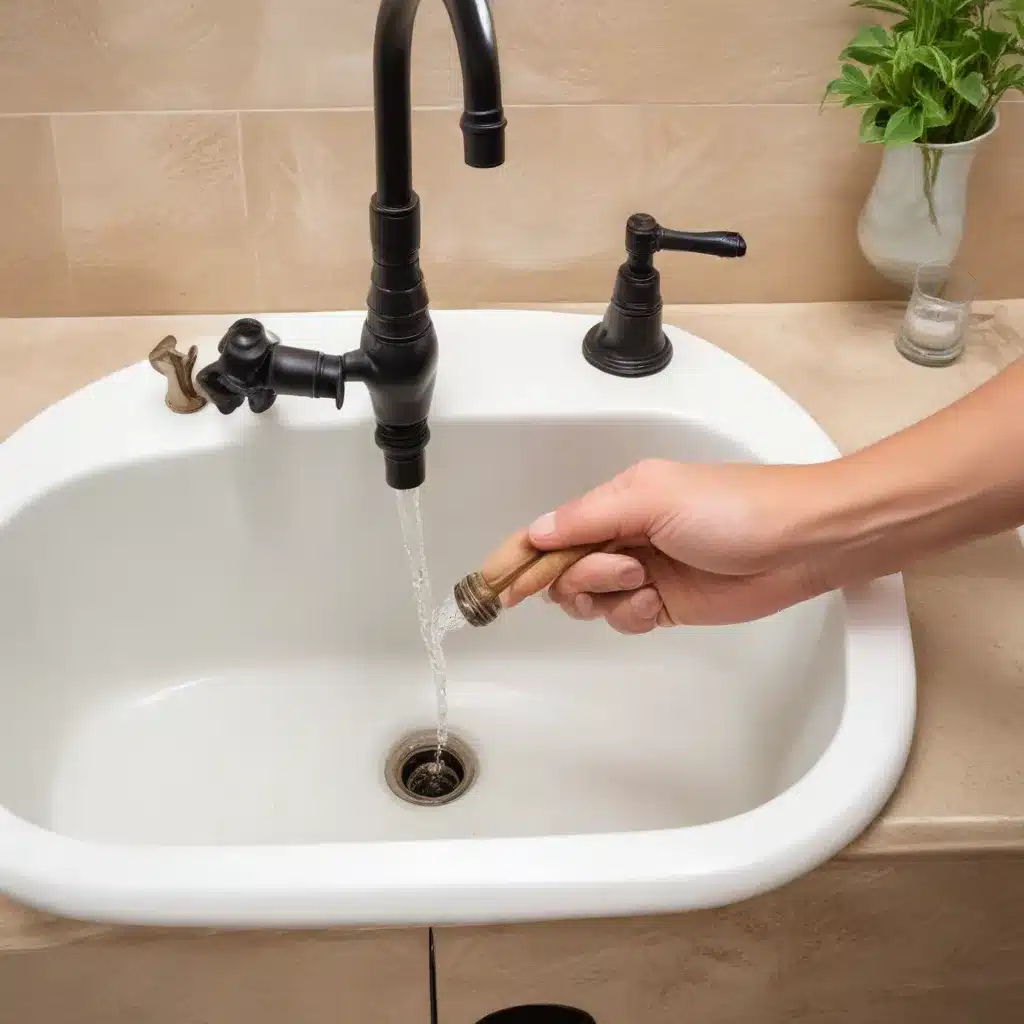
Understanding Your Home’s Water Usage
Conserving water is not just an environmental imperative; it can also have a significant impact on your household’s finances. By taking a proactive approach to managing your home’s water consumption, you can enjoy substantial savings on your utility bills while contributing to a more sustainable future.
The first step in maximizing water conservation is understanding your current usage patterns. Conduct a thorough audit of your home’s plumbing system to identify areas where water may be going to waste. Look for leaks in faucets, toilets, and pipes, as even small drips can add up to thousands of gallons of wasted water annually. Additionally, monitor your monthly water bills to detect any unusual spikes in consumption, which could indicate a hidden problem.
Upgrading to Water-Efficient Fixtures
One of the most effective ways to conserve water in your home is to replace outdated plumbing fixtures with their modern, water-efficient counterparts. Low-flow showerheads, faucet aerators, and dual-flush toilets can significantly reduce your household’s water usage without compromising performance.
Low-flow showerheads, for example, use advanced technology to deliver a satisfying shower experience while consuming up to 40% less water than traditional models. Similarly, faucet aerators mix air with water, reducing flow rate without sacrificing water pressure. Dual-flush toilets offer two flush options, allowing you to use just the right amount of water for the task at hand.
When upgrading your home’s fixtures, look for products that bear the EPA’s WaterSense certification, which ensures they meet strict water-efficiency and performance standards.
Optimizing Outdoor Water Usage
Your home’s landscaping can be a significant source of water consumption, especially during the hot summer months. To keep your garden thriving while minimizing waste, consider the following seasonal tips:
Water Early or Late: Watering your lawn or garden in the early morning or late evening can help reduce evaporation, ensuring your plants receive the maximum benefit from each drop of water.
Install Drip Irrigation: Transitioning to a drip irrigation system can dramatically improve water efficiency by delivering water directly to the root zone of your plants, minimizing runoff and evaporation.
Use Mulch: Applying a layer of organic mulch around your plants can help retain soil moisture, reducing the frequency of watering required.
Choose Drought-Resistant Plants: Select native or drought-tolerant plants that are adapted to your local climate, as they typically require less water to thrive.
Collect Rainwater: Install a rain barrel to capture and store rainwater, which can then be used to water your garden or wash your car, reducing your reliance on the municipal water supply.
Leveraging Smart Plumbing Technologies
As technology continues to advance, homeowners now have access to a wealth of smart plumbing solutions that can significantly enhance water conservation efforts. These innovative systems monitor usage, detect leaks, and optimize water consumption, taking the guesswork out of managing your home’s plumbing.
Smart Water Monitors: These devices track your household’s water usage in real-time, providing detailed insights into where and how much water is being consumed. By identifying high-usage areas, you can implement targeted conservation strategies to reduce waste.
Leak Detection Systems: Sophisticated leak detection systems can quickly identify and alert you to the presence of hidden leaks, allowing you to address the issue before it leads to significant water loss and potential damage.
Automated Irrigation Controllers: Smart irrigation controllers use weather data, soil moisture sensors, and plant-specific watering needs to adjust watering schedules automatically, ensuring your landscape receives the right amount of water without waste.
Tankless Water Heaters: Traditional water heaters continuously maintain a full tank of hot water, even when not in use, resulting in energy and water waste. Tankless water heaters, on the other hand, heat water on demand, reducing standby losses and providing a more efficient hot water supply.
Promoting Water Conservation in Your Community
Water conservation is not just an individual responsibility; it’s a collective effort that can have a profound impact on our shared resources. By engaging with your local community, you can amplify your water-saving efforts and inspire others to join the cause.
Participate in Local Programs: Many municipalities and water utilities offer rebates, incentives, or educational programs to encourage water conservation. Research what’s available in your area and take advantage of these opportunities.
Share Your Knowledge: Educate your family, friends, and neighbors about the importance of water conservation and the practical steps they can take to reduce their consumption. Utilize social media, community events, or even informal conversations to spread awareness.
Support Conservation Initiatives: Look for opportunities to volunteer or donate to local organizations that promote water-saving practices and sustainable water management. Your involvement can help drive meaningful change in your community.
By implementing these seasonal plumbing tips and embracing smart water-saving technologies, you can make a significant contribution to water conservation efforts, all while enjoying the financial benefits of reduced utility bills. Remember, every drop of water you save today helps secure a more sustainable future for generations to come.
Conclusion
Maximizing water conservation in your home requires a multi-faceted approach that combines smart plumbing upgrades, seasonal maintenance, and community engagement. By understanding your current water usage, investing in water-efficient fixtures, optimizing outdoor irrigation, and leveraging innovative technologies, you can dramatically reduce your household’s water consumption and protect this precious resource.
As an eco-conscious homeowner, your commitment to water conservation not only benefits your bottom line but also contributes to a more sustainable future for your community and the planet. Embrace these practical plumbing tips and watch as your home becomes a shining example of responsible water management.
Remember, every small step you take towards water conservation can have a ripple effect, inspiring others to follow suit and creating a more water-wise world for all. Stay vigilant, stay informed, and let your home be a testament to the power of eco-friendly plumbing practices.


